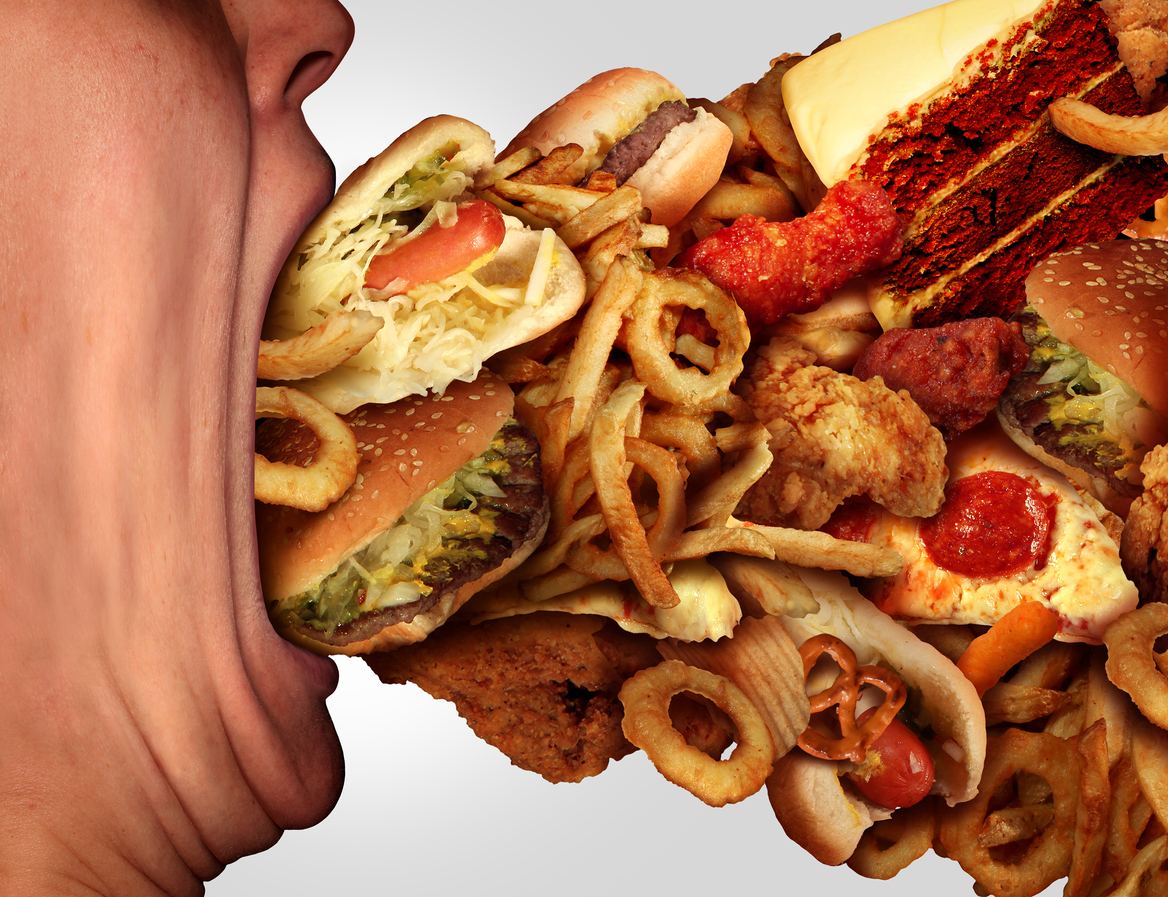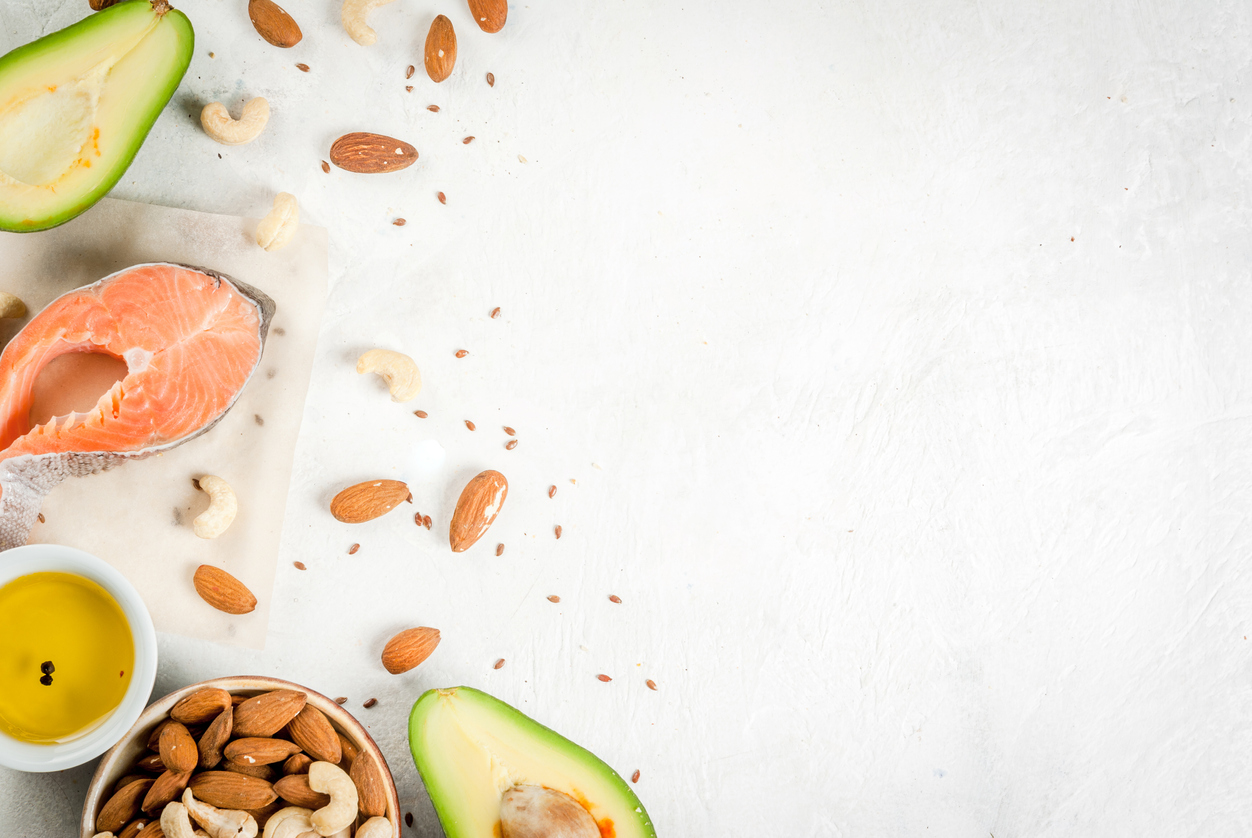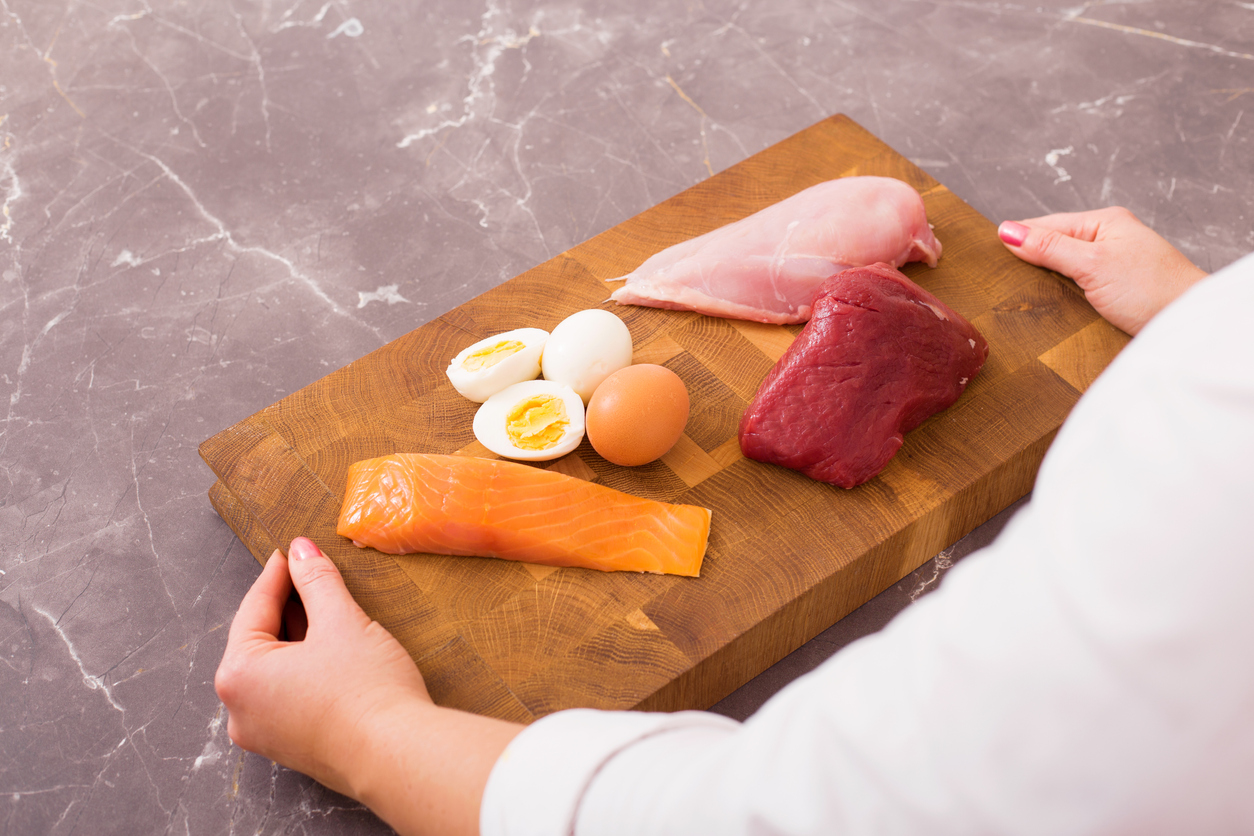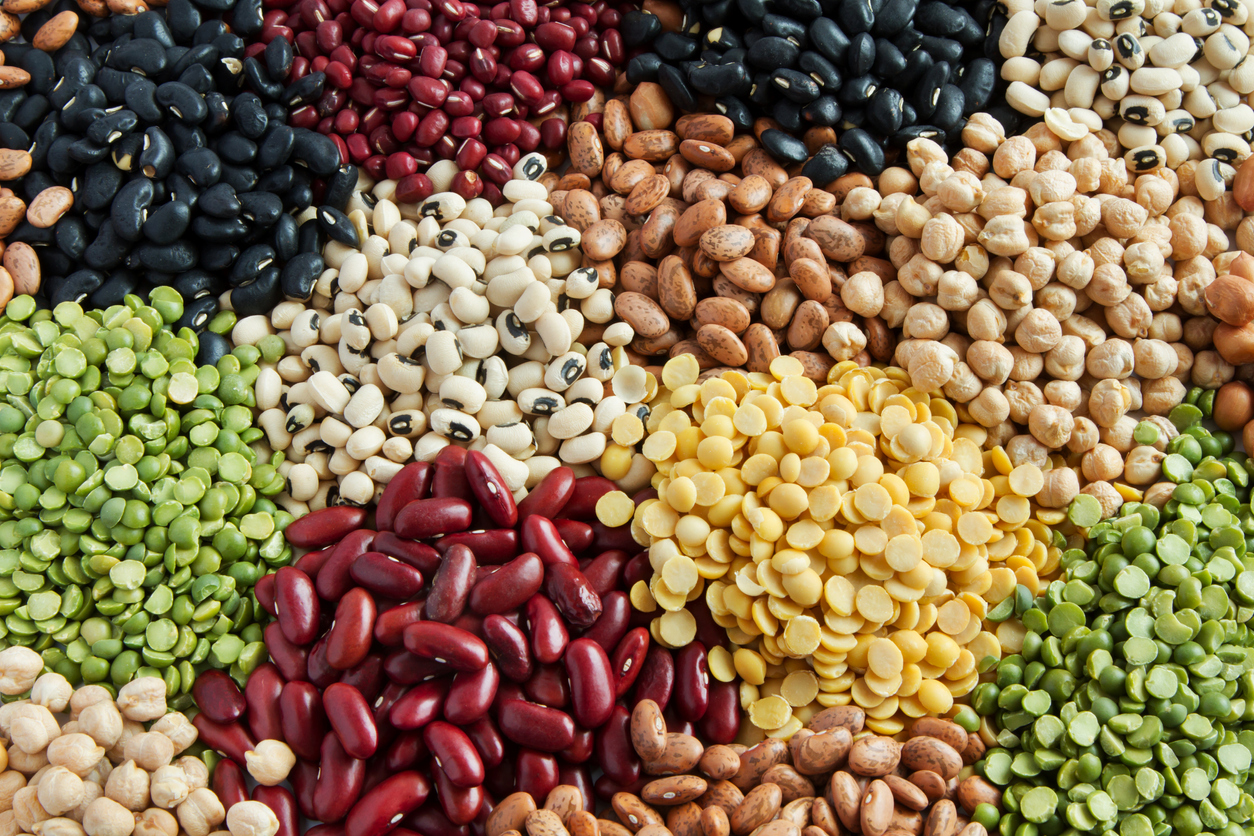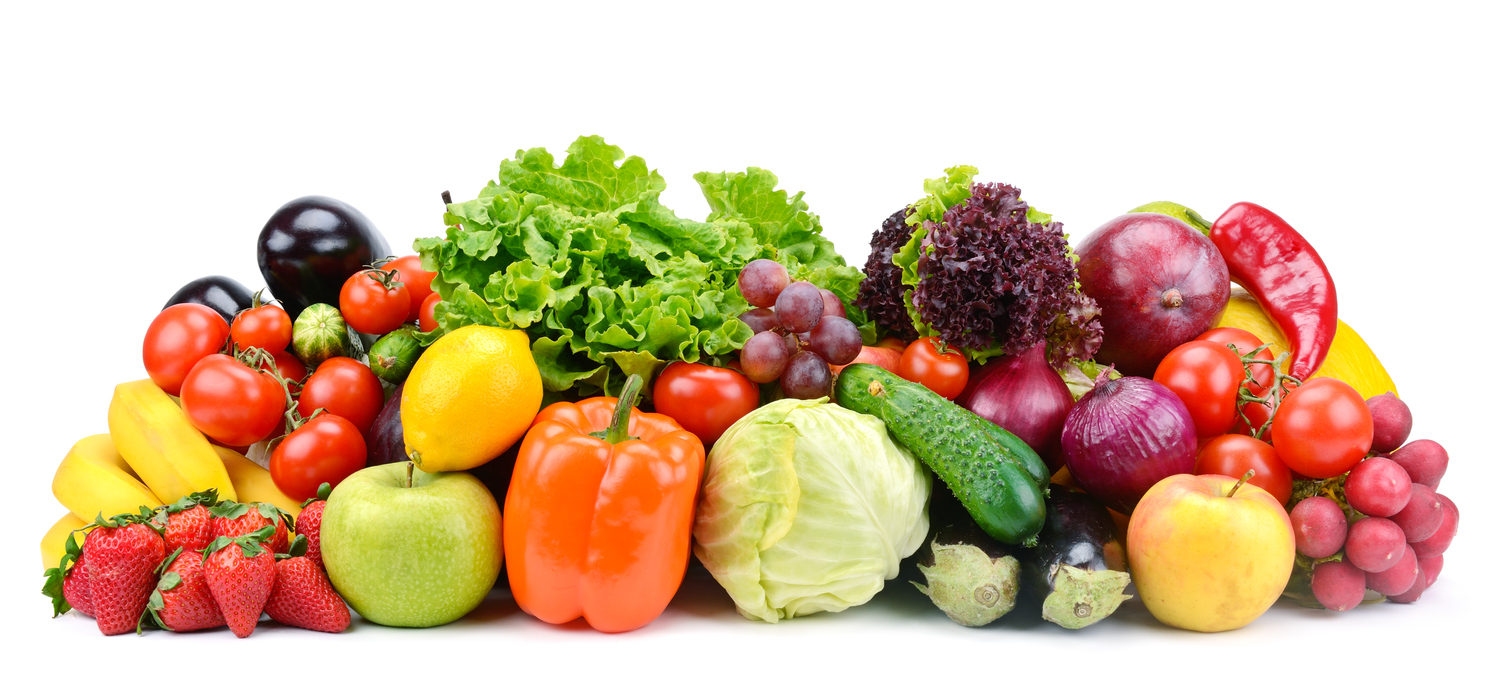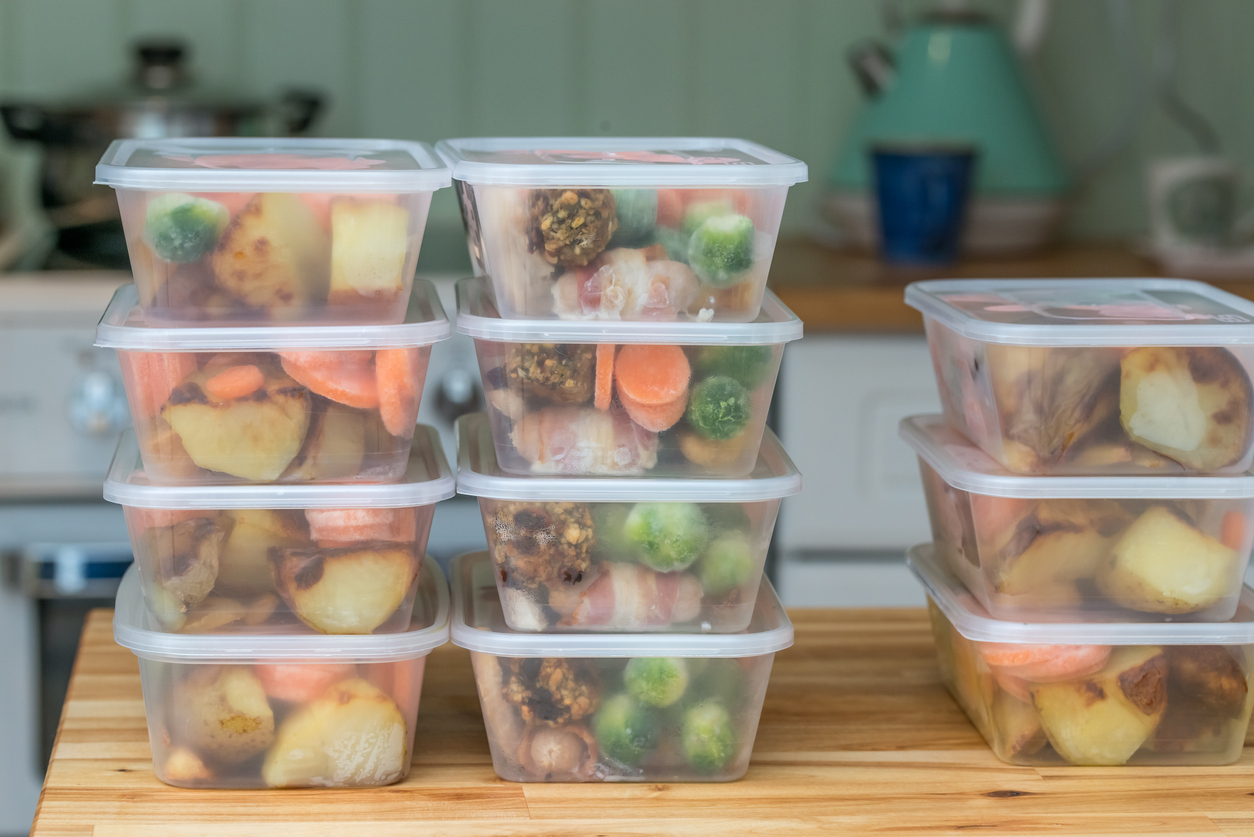5 Eating Tips For A Healthy Heart
We’ve all heard we need to exercise and eat less junk food, and we all cringe at the thought of counting calories and restricting our foods to try and be healthy.
Most people don’t know what specific kinds of foods they should eat MORE of, and which to avoid, in order to keep their heart healthy so they can live a longer, fuller life with more vitality.
One of the biggest risk factors for developing cardiovascular disease is high blood pressure, so here are 5 Tips you can put to good use RIGHT AWAY to keep your blood pressure in check and improve your heart health and longevity:
1. Eat More Fat - Not only do these foods help to regulate your blood sugar levels (which helps to limit weight gain and help you feel more energetic), they also help increase your good (HDL) cholesterol and lower your body’s bad (LDL) cholesterol. And most importantly, they can help lower blood fats called triglycerides.
"Eat more fats? Awesome, I can do that!"
Not so fast...
Before you go taking a huge bite of everything on your fast food menu, you need to keep in mind that not all fats are the same. In the Standard American Diet (SAD), we tend to get an overabundance of saturated fats, and not nearly enough of the good fats and oils. You may be thinking, "I don't want to eat fats. I don't want to get fat." Let me clear up a misconception. It’s not good fats that cause weight gain; sugar and carbohydrates cause weight gain.
Which types of fats are the good kind?
These include oils, raw nuts and seeds, avocados, and olives. One of the best sources of good fats is raw almonds. They are easily available in local grocery stores. Just make sure the almonds are raw and not roasted. When nuts are roasted, it changes their chemical properties and they are no longer quite as healthy for you. Feel free to get plenty of raw nuts and seeds in your diet, and add avocado slices to your eggs in the morning, to your salads, or to top off just about anything.
2) Choose lean proteins- protein is really good for you, as it helps to build and repair tissues, make enzymes and hormones, and build bone, muscle, cartilage, skin, and blood.
However, when choosing which proteins to consume for heart health, you’ll want to be sure to choose leaner sources.
Skinless chicken, leaner cuts of beef (think less marbly), eggs, and fish. Fish, in particular, can be a great source of your omega oils- those good fats we talked about above!- so be sure to get a good amount of those throughout your week.
Legumes (beans, peas, and lentils) can be great lean sources of protein also.
You’ll want to steer clear of soy and soy products (even though this has been touted as a great, healthy, low fat form of protein) because soy is one of the most highly processed foods there is. And it really just isn’t healthy for you, despite what we’ve been led to believe over the years.
3) Reduce your sodium intake- sodium can contribute to high blood pressure, one of the biggest risk factors for cardiovascular disease.
While you certainly want to limit the amount of salt you add to your food when you cook (or at the dinner table!), you also need to be cautious about eating processed foods that come from a can or a box.
An example of this that I like to have people try- go to the health store and try buying some organic turkey deli meat that has no added salt or sodium. Then try it. It’s AWFUL! I mean really awful. So flavorless. But once you try that, it’s easy to imagine just how much salt is added to our food when we buy packaged stuff.
I mean, don’t get me wrong- I still do eat deli meat on occasion, and I do find it flavorful. But once you try the stuff with no salt added to help preserve it, you can just imagine how much there must be to make the good stuff.
So be sure to eat that stuff in moderation!
And try eating more of the foods you enjoy that are lower in sodium, and try to cook your own foods so you can restrict the amount of sodium you’re taking in. Your temple of a body will thank you later!
4) Eat lots of veggies and fruits- notice how I listed veggies first…
Fruits are good for you, but veggies are better. These foods contain less calories, so you can eat a lot of them and feel full, and you don’t have to feel like you’re starving yourself. So when you eat them, you fill up with these rather than feeling the need to stuff yourself with junk food or sodium-filled food like we discussed above.
They’re full of healthy nutrients and fiber, so they aid in digestion and help clean out your gut.
Fruits are good too, but you do need to be careful about some of the sweeter ones as they contain high amounts of sugar that can also cause an insulin spike. These won’t be as good an option as most vegetables, but since they do contain fiber the spike won’t be as intense as consuming refined sugars.
Oh, and when I say fruits are good, I don’t mean fruit juice- some of you may be thinking fruit juice is healthy for you. No! Even if it says "All Natural" on the label and even if you make it at home with your own juicer using ingredients fresh from your organic fruit garden, avoid juice! Trust me. Years ago, I purchased an expensive juicer and was all excited at the thought of getting super healthy. I soon realized I didn't feel so great after drinking my awesome homemade fruity blends. So, I began to do some research on juicing.
If you’ve ever made your own juice, you know what happens: You put an apple into one end of the juicer and a two-ounce shot of juice streams out the other—from that entire apple! Now, look back at the front end. What's there? All the skin, fiber and nutrients that would have been present had you just eaten the apple in the first place. But in your cup, you're left with two ounces of sugar water—a drink that will lead to even higher spikes in blood sugar than if you were to consume the whole fruit with all the fiber. The fiber actually helps to regulate your blood sugar and keep those spikes under control. So, when eating fruit, “go whole” and get the full natural benefit!
5) Plan Ahead- alright, we’ve gone over quite a bit today, but this last tip is possibly the most important, so bear with me. If you don’t plan ahead, you’ll probably end up throwing the previous 4 tips out the window!
When we plan ahead and prep at least SOME of our foods for the week, we’re less likely to cave when we start feeling hangry.
Don’t just plan for the week, plan for your day, too- if you’re off to work, or if you’re going to be out and about, take food with you!
I realize sometimes this can seem a little overwhelming or insane, but If you can cook a bunch of food on Sunday and make extra, you can easily store it in containers.
Or just make some extra at home and package a little bit up for when you leave the house.
If you don’t plan ahead, you’re likely to get processed foods at a gas station, or get a hot dog, chips, or shove some potato chips down BECAUSE THEY’RE JUST EASIER to get when you’re out of the house.
Keep the healthy stuff in your home and you’ll be less likely to cave. Because, let’s face it- it’s kind of a pain to go out of the house and buy food when you’re already home and comfortable. So when you go to the fridge, have healthy choices there for yourself.
Set yourself up for success with these tips, and keep that heart beating healthy so you can enjoy everything the world has to offer well into your golden years. Your family wants you here a long time, YOU want you here a long time, and I want you here a long time!
So take good care of your heart and your health, and maintain your youth and vitality!
